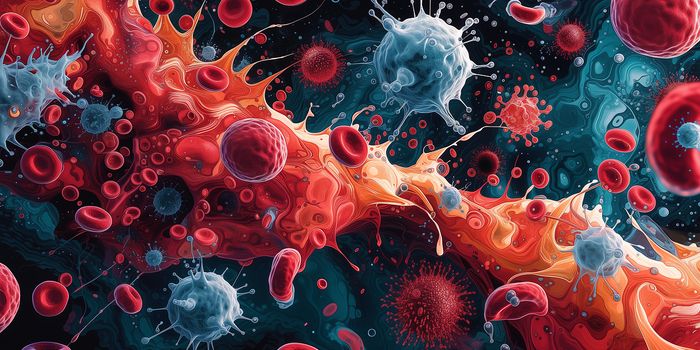CD4 T Cells Responsible for Inflammatory Bowel Disease
A specific subset of immune cells could be targeted to better treat inflammatory bowel disease (IBD). A new University of Alabama at Birmingham study points out a population of cells that initiates and maintains the autoimmune reaction responsible for this chronic disease.
The new finding offers the chance for developing new therapeutic targets to treat – potentially even cure – IBD and other autoimmune diseases, should they also be involved. “We think these cells could be in a number of auto-inflammatory diseases,” explained Laurie Harrington, PhD. “Our hope is, if we could treat these cells, it could be curative.”
IBD includes Crohn’s disease and ulcerative colitis, which are mostly differentiated by which part of the gastrointestinal (GI) tract is affected by inflammation. In Crohn’s disease, inflammation usually affects any part of the GI tract, most often the lower small intestine. People with ulcerative colitis have inflammation in the large intestine and rectum.
Patients with either type of IBD experience diarrhea, abdominal pain, rectal bleeding, weight loss, and fatigue due to prolonged inflammation and damage in the GI tract. As an autoimmune disease, IBD represents a mistake in the immune response. Activity in the immune system is safe and necessary in the context of a bacterial or viral infection, but when immune cells accidentally target the body’s own tissues (in the case of IBD, cells of the GI tract), autoimmune diseases develop. Researchers know that IBD is caused by errors in immune activity, but any specific details beyond that concept are not understood.
In the present study, researchers studied a specific chemical messenger, a cytokine called interferon-gamma. It’s produced excessively by CD4 T cells, indicating a potential role in IBD pathology. CD4 T cells eventually differentiate into T helper cells of the adaptive immune system. In the new study, they looked at CD4 T cells in a mouse model of ulcerative colitis.
They found that CD4 T cells, depending on how they differentiated, were either pathogenic or not. Those cells that produced interferon-gamma could not confer colitis when transferred to healthy mice, but the cells that did not produce interferon-gamma did cause disease.
The same cells showed a similar genetic profile to stem cells, sharing a similar transcriptional signature. This observation indicated that these cells could also self-renew and resist the process of programmed cell death, called apoptosis.
The present study was published in Journal of Experimental Medicine.
Sources: Centers for Disease Control and Prevention, University of Alabama at Birmingham









